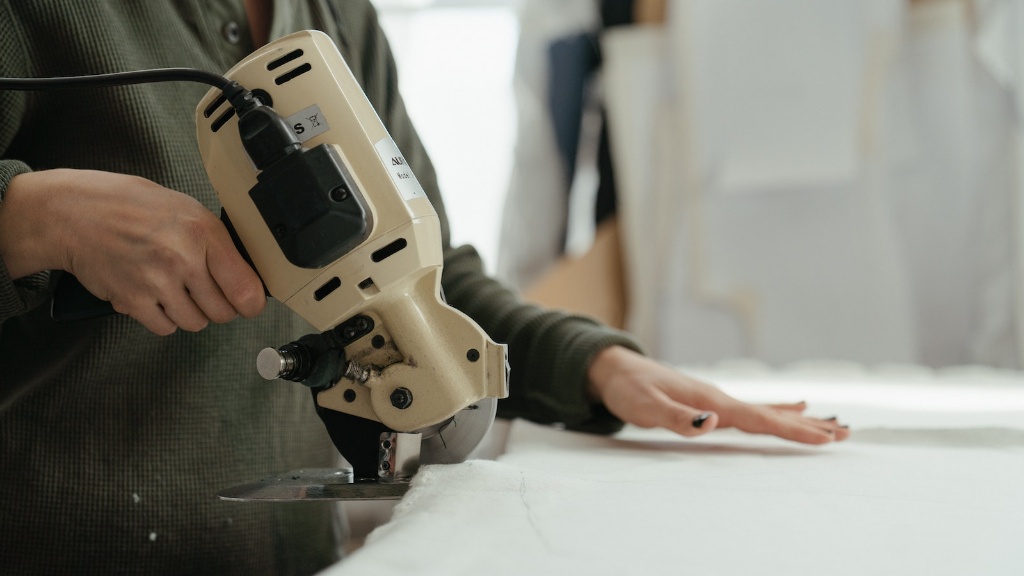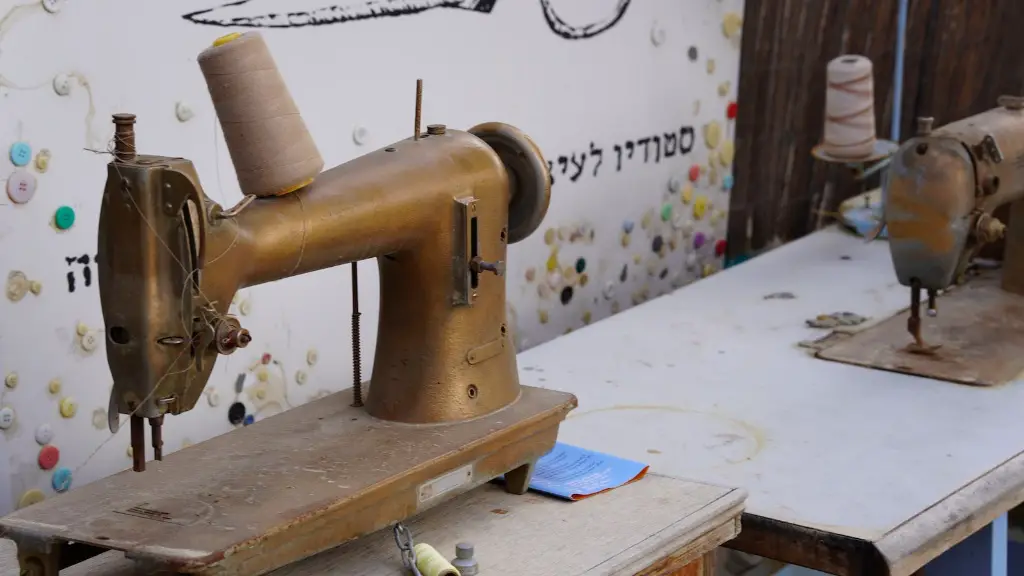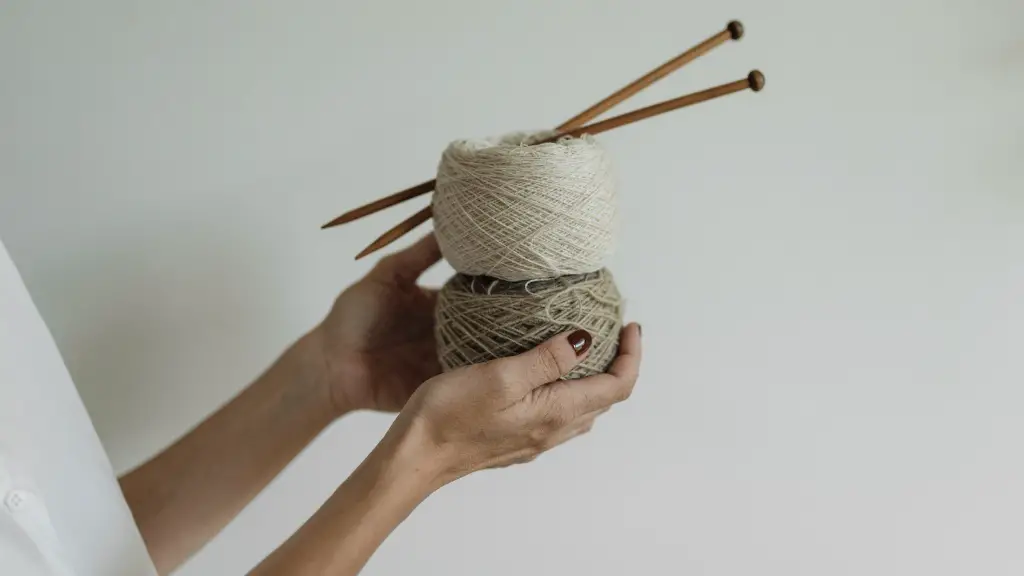Types of Sewing Machine Needles
Sewing machine needles come in a variety of sizes, shapes, and types. Needles are made from metal, plastic, titanium, or other materials. The most common needle sizes are 9, 11, 12, 14, and 16. The size is usually indicated by a number printed on the needle’s shank or shaft. Generally, the larger the number, the thicker the needle and the heavier the fabric it can work on.
Universal needles are the most well-known type of needle. They are suitable for general use on woven fabrics such as cotton, linen, and jeans. But they can be used on any type of fabric.
Ballpoint needles are suitable for knitted fabrics such as cotton jersey, t-shirt fabric, and stretch fabric. They have a rounded tip which makes it easier to slip between the yarns of the fabric without causing snags or damage.
Stretch needles are made with a special coating which helps the needle to pass through stretch fabrics without causing damage to the fabric. They are generally used for sewing elastic, lycra, and other lightweight stretch fabrics.
Leather needles have a sharp point and a flat blade-like shaft which helps them to penetrate leather and other dense fabric easily.
What to Consider When Buying Sewing Machine Needles
When buying sewing machine needles it is important to choose the needle that is appropriate for the project at hand. Make sure to check the type of fabric you are going to sew, the thread weight, and the needle size before making a purchase.
Also, make sure to check the needle packaging to ensure that the needle is compatible with your sewing machine. Different sewing machines use different types of needles, so make sure you are selecting the right type of needle.
The quality of the needles should also be considered. Poor quality needles can cause jamming and inconsistent stitches, so make sure to buy needles that are made to a high standard.
Where to Buy Sewing Machine Needles
Sewing machine needles can be purchased from a variety of sources, including craft stores, fabric stores, and online retailers.
When shopping for needles, it is worth checking out a craft store or fabric store as they usually have a wide selection of needles and are a great source of advice from knowledgeable employees.
Online retailers also usually have a wide selection of needles at competitive prices. However, it is important to do your research before making a purchase to make sure the needles are compatible with your machine and the correct type for the job.
Tips for Making the Right Choice
When buying needles for a sewing machine, it is important to be informed before making a purchase. Before choosing a needle, consider the type of fabric and thread that you are sewing, and the needle size, type, and quality needed.
It is also important to check the packaging to ensure that the needle is compatible with your machine. Different machines require different types of needles, so make sure you are getting the right one.
It is also a good idea to have a variety of needles on hand so that you have the right needle for whatever job you are working on. Having the right needle can go a long way in ensuring a successful project.
Taking Care of Sewing Machine Needles
Sewing machine needles should be treated with care and changed regularly. Most needles will last for a few hours of sewing before they become blunt or dull. Always change the needle after each project, as a dull needle can cause damage to the fabric or thread.
It is also important to store needles properly. Keep needles in the original packaging or a clean, closed container away from dust, moisture, and heat.
Troubleshooting Sewing Machine Needles
If you experience problems with your sewing machine, it is often due to a worn or damaged needle. If your machine is jamming, skipping stitches, or creating other problems, it may be time to change the needle.
Always check the needle before you start sewing, as this will allow you to detect any potential problems before they become a bigger issue. If you are having difficulty threading the needle, it could be a sign that it is not seated properly or is too large. If the needle keeps breaking, it may be that it is too small or too blunt.
Using the Correct Thread and Needle
It is important to use the correct thread and needle for each project. The type of thread and needle you choose will depend on the weight of the fabric and the type of stitch you want to create. For example, if you are sewing lightweight fabric, you may need a smaller needle and finer thread. If you are sewing heavyweight fabric, you may need a bigger needle and thicker thread.
It is also important to keep in mind that different fabrics require different needles. For example, leather will require a leather needle, and elastic and lycra will require a stretch needle.
Cost-effective Solutions
It is possible to find cost-effective solutions when it comes to buying needles for a sewing machine. Many online retailers offer discount prices on bulk orders, and some even offer free shipping.
It is also possible to buy needles in sets, which are usually more cost-effective than buying individual needles. Sets will usually come with a variety of needles for different types of fabric, a variety of sizes, and sometimes a needle threader.
Safety Tips
When sewing with a sewing machine, it is important to take safety precautions to avoid injury. Always unplug the machine when changing needles, and handle needles carefully.
It is also important to wear protective eyewear, as eyes can be damaged if needles snap. It is also essential to follow the machine’s instructions carefully when threading and using the needle.
Finally, never leave needles unattended as they can be a choking hazard. Always store needles in a safe place out of reach of children and pets.
Conclusion
Choosing the right sewing machine needles is an important part of creating a successful project. Before making a purchase, consider the type of fabric and thread you are working with, the needle size, type and quality needed, and ensure that the needles are compatible with your machine.
Finally, always take safety precautions such as unplugging the machine when changing needles and wearing protective eyewear when working. Taking care of needles and storing them safely will help them to last longer and improve the outcome of each project.


